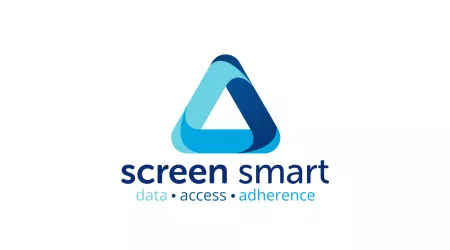Stool DNA test: pros, cons, and process
The stool DNA test, also known as Cologuard, is an at-home screening test for colorectal cancer. It tests for blood and DNA changes in the stool, which may indicate colorectal cancer.

Step by step
- Place test bracket on toilet bowl
- Place kit container in bracket
- Sit on toilet and have bowel movement into container
- Remove container and scrape stool sample with kit probe
- Place sample in tube and set aside
- Add enclosed liquid preservative to container; close tightly
- Immediately send both tube and container to testing address by mail
How it works
- Like FIT, the stool DNA test (Cologuard) detects microscopic amounts of blood in stool, but also looks for certain DNA changes that are found in cancerous tumors or precancerous polyps.
- Cells from precancerous and cancerous lesions with certain mutations often shed DNA biomarkers into the stool, where this test can detect them.
- Because DNA markers may be present in only very small quantities in stool, sensitive laboratory methods are used to detect the markers. The stool DNA test has high detection rates of early-stage colon cancer.

The pros
- Easy to use
- No special changes to diets or medicines
- No liquids/prep to drink
- Inexpensive
- Covered by most insurance
- Done in privacy of your home
- Greater accuracy than FIT

The cons
- Patients may find test unpleasant to do
- Has a high false-negative rate, which can leave colon cancer undiagnosed
- Has a high false-positive rate
- Does not provide a view of the colon and rectum
- May miss tumors that bleed in small amount or not at all
- Tests may result incorrectly in warm climates or with postal delays
- Must be repeated every year
- Follow-up colonoscopy after a positive test may not be covered by insurance
Other at-home screening tests
Fecal immunochemical test (FIT)Top resources

National Cancer Prevention Month: Majority View Encouraging Screening as an Act of Love
Americans increasingly view colorectal cancer screening encouragement as an act of love, with new survey data showing rising openness about lifesaving prevention.

Katie Couric Joins the Colorectal Cancer Alliance To ‘LEAD FROM BEHIND’
Katie Couric joins the Colorectal Cancer Alliance and Ryan Reynolds’ Maximum Effort to expand LEAD FROM BEHIND, a star-powered campaign breaking stigma and urging lifesaving colon cancer screening. Colon cancer is the preventable cancer.

20+ Colorectal Cancer Alliance Screen Smart Partners Encourage Secretary Kennedy to Uphold USPSTF Goal to Improve Health
The Colorectal Cancer Alliance and more than 20 Screen Smart partners urge HHS Secretary Robert F. Kennedy Jr. to protect USPSTF’s evidence-based process and no-cost preventive screenings like colorectal cancer screening, which save lives and improve national health.





